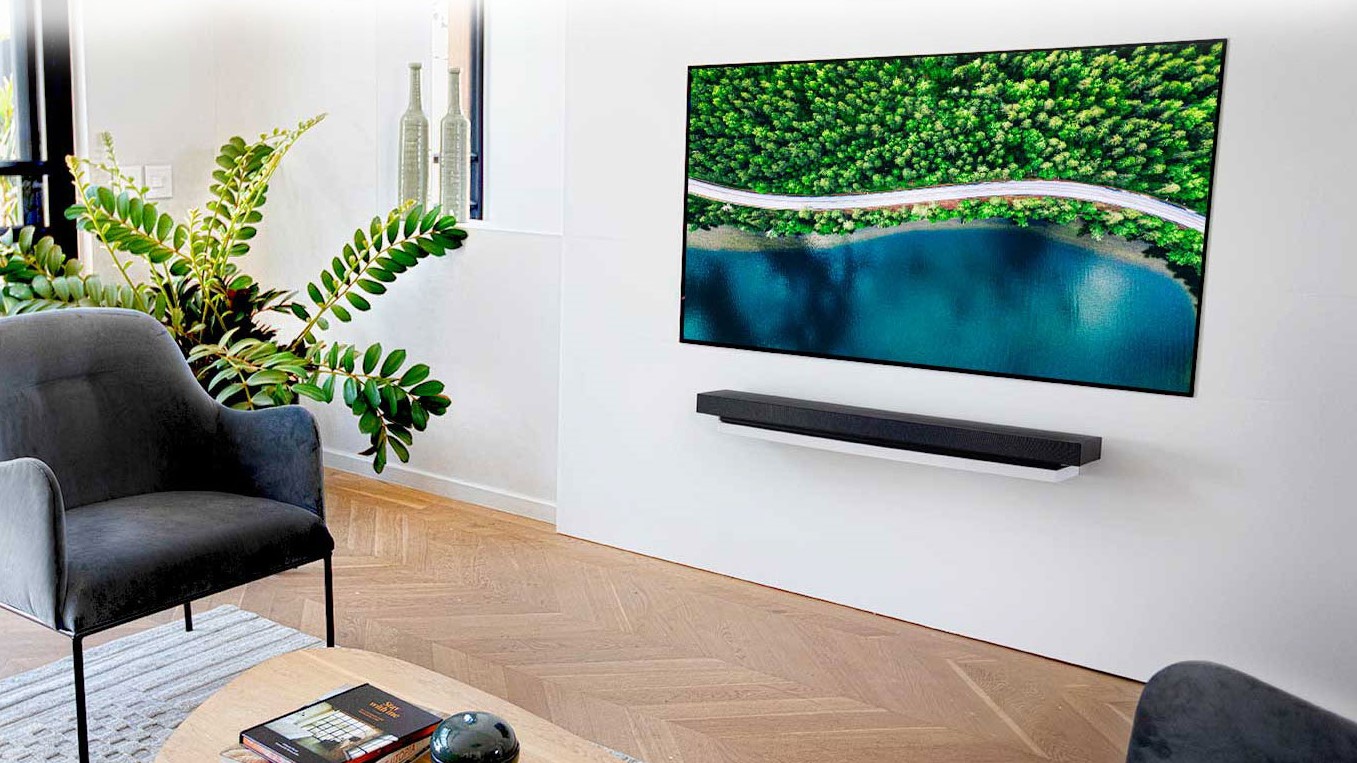OLED TVs could help you sleep better – and even lose weight
Watch those calories away

Sign up for breaking news, reviews, opinion, top tech deals, and more.
You are now subscribed
Your newsletter sign-up was successful
Is there anything OLED TVs can't do? That's the question on our lips after a latest study from researchers at the University of Tsukuba, Japan, whose experiments have shown a number of health benefits from using OLED over LED light sources (via OLED-info).
The research shows that exposure to OLED light sources has less impact on the quality of a person's sleep cycle than LED – echoing what we know about the effects of blue light, which can suppress the release of melatonin at night, making it harder to get to sleep or reach deep sleep states needed to fully rest.
OLED screens are generally dimmer than their LCD-LED counterparts, due to their improved brightness control (the latter uses a backlight). And while it can mean OLED TVs aren't quite as bright as some QLED alternatives, it does make for more efficient usage of light and less disturbance to the quality of our sleep.
- Here are the best OLED TVs
- Blue light explained
- OLED vs QLED: which is a better choice?
What's fascinating about this study, though, is that it didn't just track sleep quality – but also how well we metabolise during sleep.
A blog post for the study states that "Polychromatic white LEDs emit a large amount of blue light, which has been linked with many negative health effects, including metabolic health. In contrast, OLEDs emit polychromatic white light that contains less blue light.
"However, the impact of LED and OLED exposure at night has not been compared in terms of changes in energy metabolism during sleep, something the researchers at University of Tsukuba aimed to address."
The researchers found that "energy expenditure and core body temperature during sleep were significantly decreased after OLED exposure", equating to more restful sleep, whereas fat oxidation was less affected by OLED than by LED.
Sign up for breaking news, reviews, opinion, top tech deals, and more.
"Thus, light exposure at night is related to fat oxidation and body temperature during sleep. Our findings suggest that specific types of light exposure may influence weight gain, along with other physiological changes," says Professor Tokuyama.
【Medicine/Health】 Turn Off the Blue Light!Researchers from #UniversityofTsukuba in collaboration with #YamagataUniversity scientists find that exposure to light with less blue before sleep is better for energy metabolismhttps://t.co/xantTwIOVO#bluelight #LED #OLED #sleep pic.twitter.com/oiIAoNBZHYJuly 9, 2021
The fight against blue light
So what does this mean for you? Well, it indicates that having displays in your home that emit less blue light could be crucial to your well being – and OLED TVs will certainly help reduce its impact on both your sleep quality and metabolisation if you're prone to a late-night movie.
The benefit of OLED may be worth keeping in mind when shopping around for a new smartphone, too, the incoming Nintendo Switch OLED, or the long-rumored iPad with OLED said to be coming in 2023 too.
Buying a fancy TV is unlikely to have a dramatic effect on one's health overnight, of course, and there are many metrics for measuring one's health beyond simply weight.
TV brands are, however, now routinely looking to push their own health credentials, especially when it comes to blue light, sleep quality, and eye health.
Last year, Samsung was awarded two separate safety certifications for its 4K and 8K TVs. According to Samsung, US-based Underwriters Laboratories has classified both ranges as being “no photobiological LED hazard”, while the German Verband Deutscher Elektrotechniker has granted them an “eye safety certification".
Chinese manufacturer TCL also met the requirements of the EyeSafe Display Standard, lowering the risk of high blue light emission that could negatively impact your eyes. A press release for the announcement called the EyeSafe Display Standard ”the most advanced health and safety requirement for protecting users’ eyes from the most toxic regions of blue light while maintaining color integrity.”
- What are the best smart TVs out there?

Henry is a freelance technology journalist, and former News & Features Editor for TechRadar, where he specialized in home entertainment gadgets such as TVs, projectors, soundbars, and smart speakers. Other bylines include Edge, T3, iMore, GamesRadar, NBC News, Healthline, and The Times.